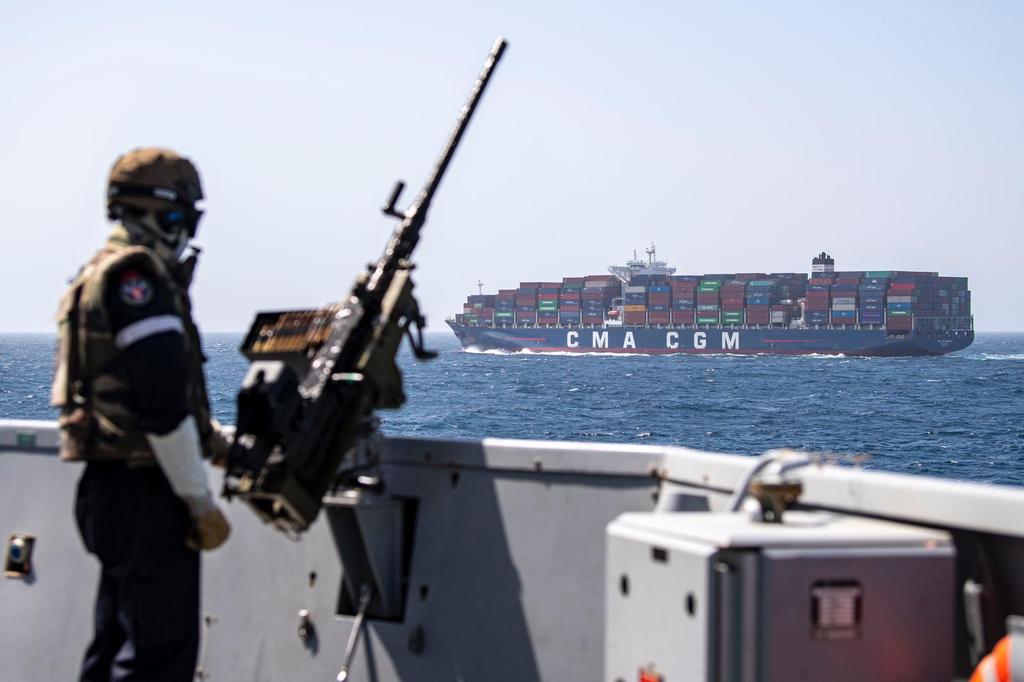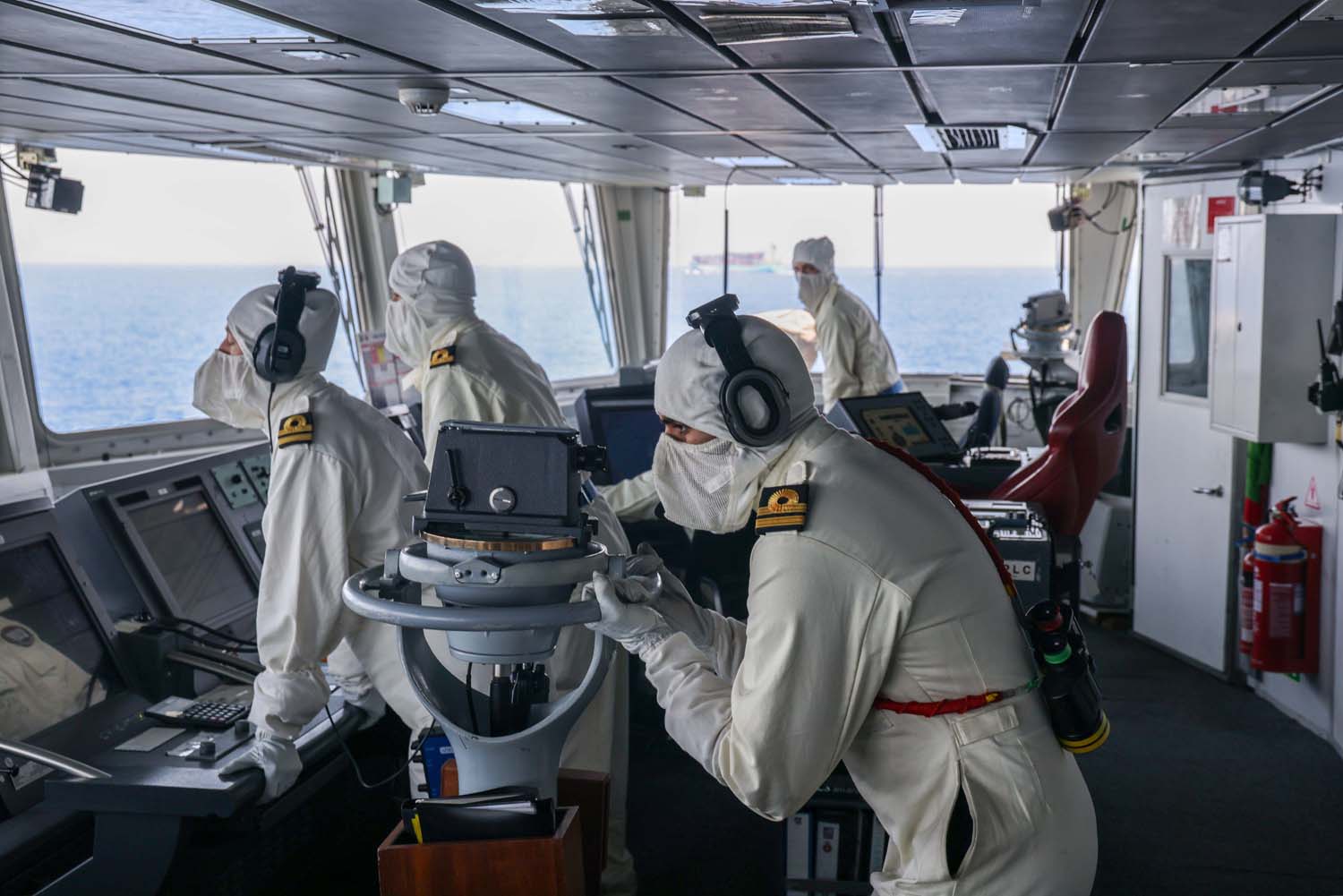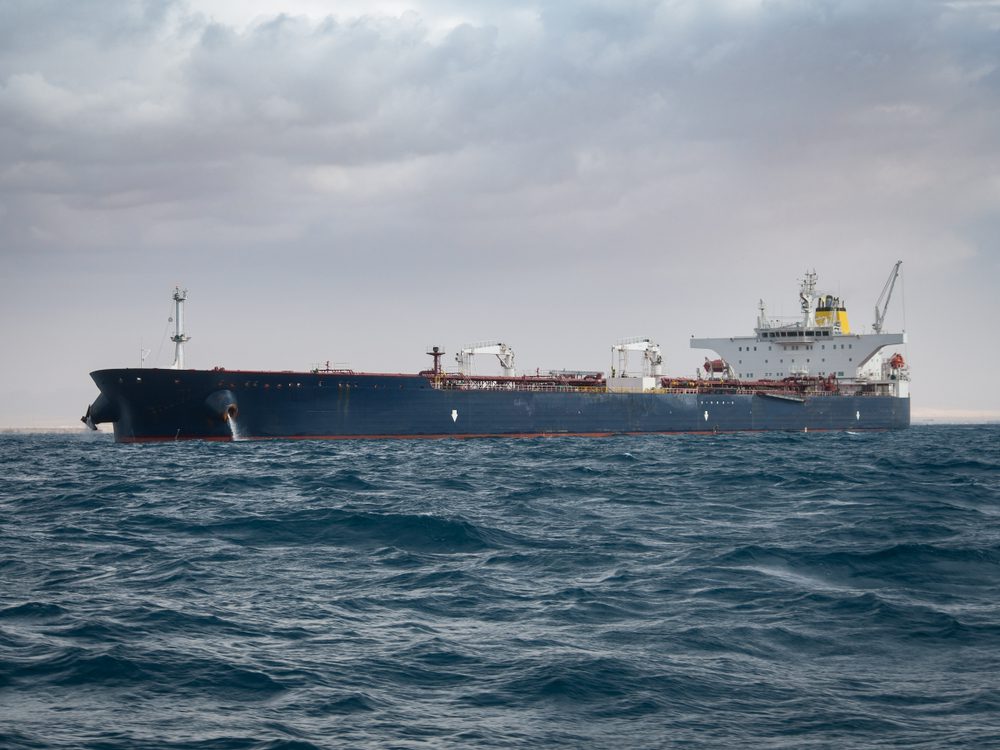By Claire Jiao (Bloomberg) —
Asia could see slower economic growth and a resurgence of inflation as escalating violence in the Red Sea snarls shipping between the region and their trade partners in the US and Europe, according to the Economist Intelligence Unit.
The supply chain disruptions could cut as much as 0.5 percentage points off Asia’s economic growth this year, and add up to 0.4 percentage points to the inflation rate, the EIU said in a report.
“Given that Asian exports were already hit last year by weak Western demand, the recent attacks will weigh further on various export-dependent economies, particularly in Southeast Asia, where container trade has nearly collapsed,” the report read, citing Indonesia, Thailand and Malaysia as among those most vulnerable.
Most of the region will likewise be hit indirectly through the spike in shipping costs, especially those that rely on food imports such as the Pacific island countries, New Zealand, India and Pakistan.
“Higher inflation could leave central banks in countries such as the Philippines, Australia and India in a more difficult situation in terms of finding an opportunity to begin monetary easing,” the EIU said.
Protracted shipping disruptions could also push manufacturers to seek options closer to their end-user markets, rather than tapping the “stretched” supply chains in Asia, it said.
Based on EIU estimates, shipments from northwest Europe now take 56 days to reach Malaysia and Singapore from 32 days before the Houthi attacks began in November. For China, Hong Kong and Taiwan, it lengthened to 55 days from 42 days.
© 2024 Bloomberg L.P.
Unlock Exclusive Insights Today!
Join the gCaptain Club for curated content, insider opinions, and vibrant community discussions.

 Join The Club
Join The Club













